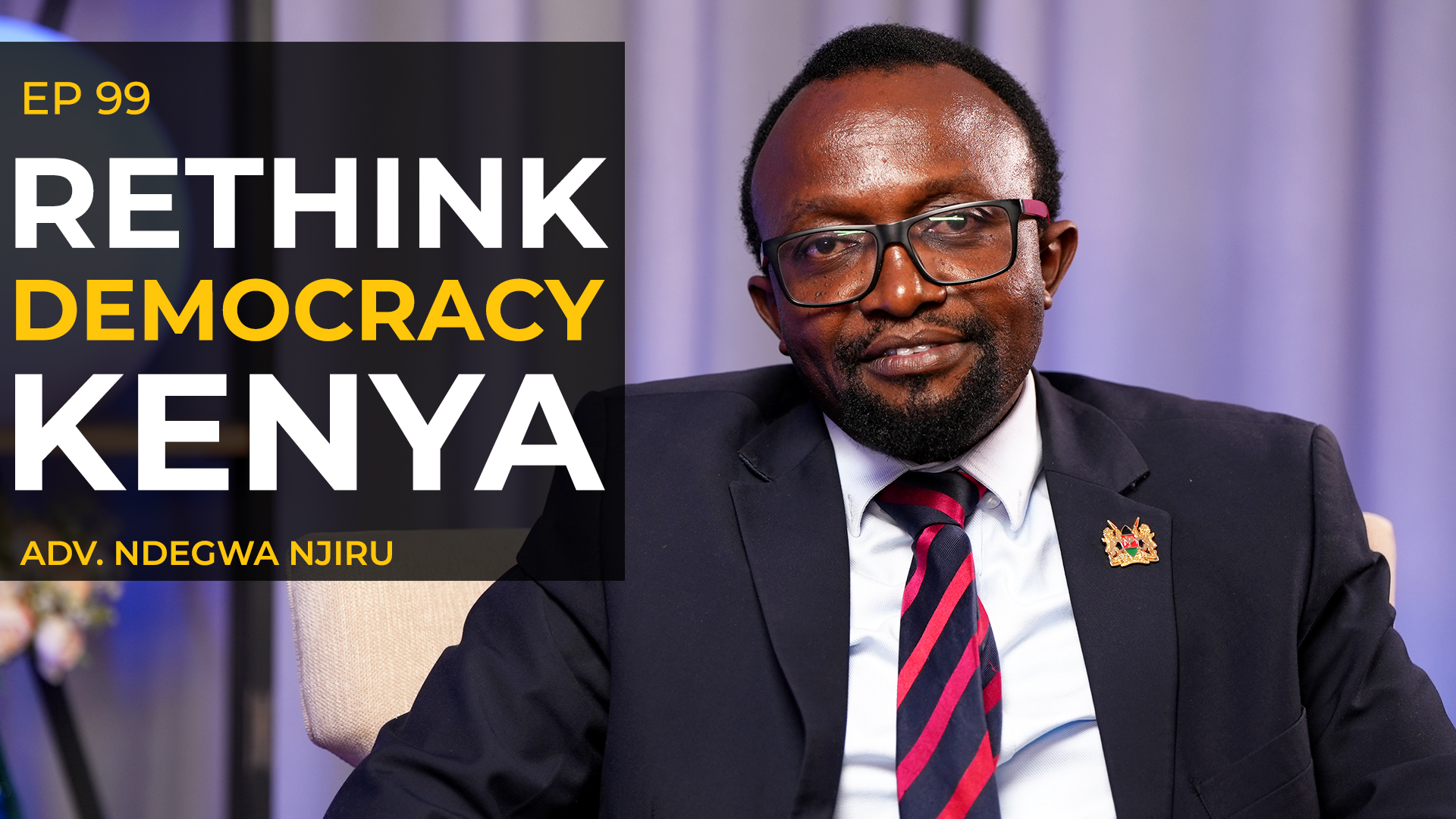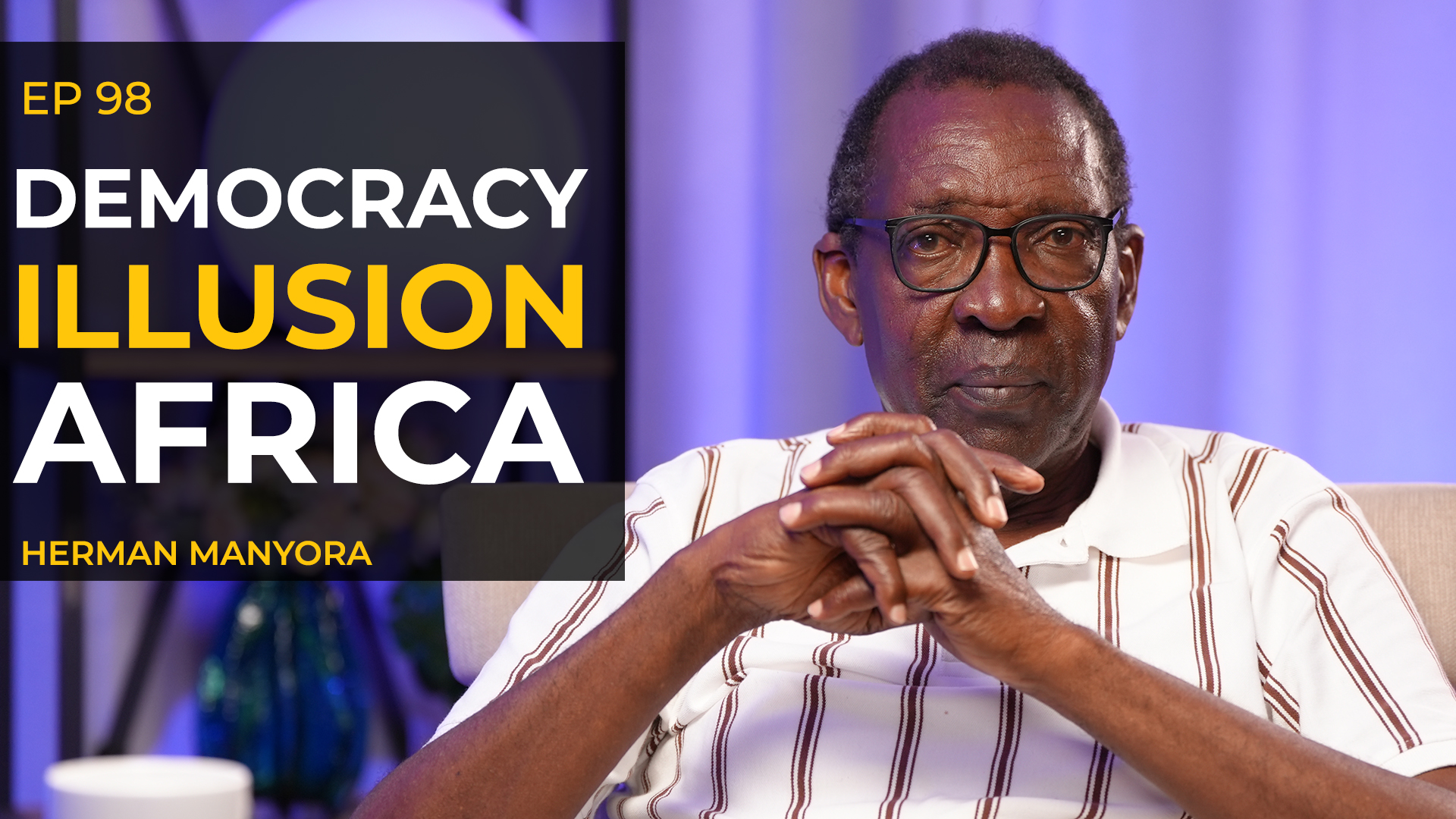In a world increasingly marked by shifting alliances and fading empires, Professor PLO Lumumba offers a penetrating analysis of the emerging global power dynamics between the United States, Russia, and China. With the upcoming September 3rd summit between Presidents Vladimir Putin and Xi Jinping, the world braces for a moment that could redefine international diplomacy.
The Russo-Chinese Alliance: A Strategic Power Play
Lumumba describes the deepening relationship between Russia and China as not only iconic but strategic. These two nuclear-armed powers, with China now recognized as the world’s second-largest economy and the “factory of the world,” are quietly building an alliance that serves as a counterweight to Western hegemony. Their collaboration signals to the West, particularly the United Kingdom and France, that a new balance is emerging.
Europe’s Decline and the Desperation of Former Powers
As the West grapples with internal contradictions, aging populations, and weakening economies, Europe—especially France and the UK—is losing its grip on global influence. France has withdrawn its last military outpost in Senegal, and Britain struggles to maintain cohesion within the Commonwealth. Germany, while quieter, projects its influence through soft power initiatives like GIZ across Africa.
The West’s Fear of Multipolarity
According to Lumumba, the Western narrative is one of fear. Multipolarity—while rhetorically accepted—is not something Europe or the U.S. genuinely welcomes. The quiet strength of Russia and China’s diplomacy, combined with Africa and Latin America leaning eastward, is causing deep anxiety in Western capitals.
Trump’s Role: Unpredictability and American Isolationism
Former President Donald Trump remains a wildcard. Lumumba argues that the only predictable trait of Trump is his unpredictability. Whether it’s sanctions, tariffs, or missile support to Ukraine, his approach is transactional. His “America First” philosophy suggests he may not commit U.S. forces to another European war, preferring to let Europe handle its own crises.
The Ukraine Conflict: Proxy War or Global Flashpoint?
Europe’s insistence on reclaiming occupied Ukrainian territories could spark deeper confrontation. If China were to openly support Russia militarily, the ripple effects would be catastrophic. Trade would be disrupted globally, particularly given China’s dominance in manufacturing. For now, China plays the silent partner, advocating diplomacy while expanding its influence via infrastructure, scholarships, and cultural centers across Africa and Latin America.
The Fall of the Western Monopoly
Lumumba reflects on post-World War II history, highlighting how the U.S. emerged as a hegemon through institutions like the UN, IMF, and World Bank. But the rise of China has disrupted this order. With growing military capabilities, global infrastructure projects, and partnerships with Russia, China represents a direct challenge to U.S.-led unipolarity.
Multipolarity and the New Reality
As the U.S. withdraws and Europe weakens, new players like Turkey, Qatar, and Saudi Arabia enter the global stage. BRICS nations—Brazil, Russia, India, China, and South Africa—are asserting economic independence. Even traditional allies like Australia and Canada are re-evaluating their positions.
Africa’s Role and Opportunity
For Africa, this shift presents both risk and opportunity. With Europe’s influence waning and China’s presence growing, African nations must strategically engage these powers without becoming pawns. Lumumba urges Africa to remain vigilant and proactive in shaping its destiny in a world no longer controlled by a single superpower.
Final Thoughts: The Courage of the Cornered
Lumumba ends with a powerful metaphor: the world’s former “cowards” have now become dangerously courageous. The days when America or Europe sneezed and the world went into a coma are over. Today, the world sneezes back.
The September 3rd meeting between Putin and Xi may well signal a permanent shift. The question is: will the West adapt, resist, or collapse under the weight of its imperial nostalgia?





Leave a Reply